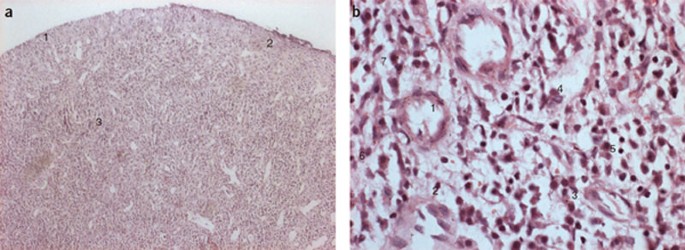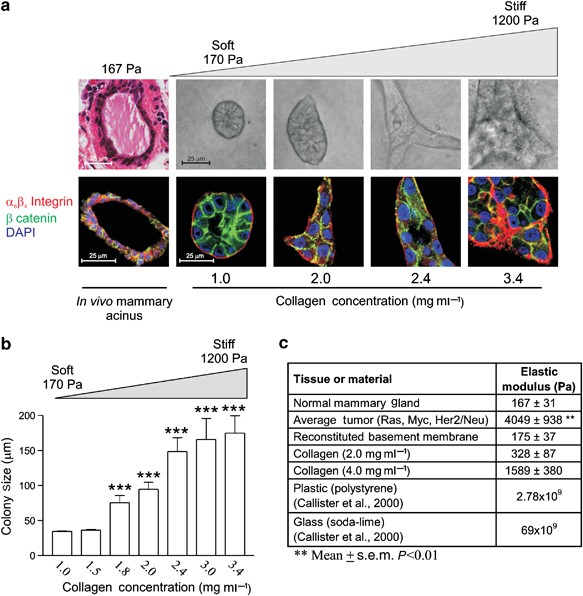
- Select a language for the TTS:
- UK English Female
- UK English Male
- US English Female
- US English Male
- Australian Female
- Australian Male
- Language selected: (auto detect) - EN
Play all audios:
Nationally, only 60 percent of nursing home workers were fully vaccinated against COVID-19 as of July 18, while 82 percent of residents were, according to AARP's analysis. Only a
quarter of all homes had achieved an industry goal of vaccinating at least 75 percent of their workers. In Louisiana, Florida, Missouri, Mississippi, Oklahoma, Georgia, Kentucky and
Tennessee, less than 50 percent of workers are fully vaccinated. Some long-term care facilities began mandating vaccines for workers as early as December 2020, when the first vaccines were
first given emergency use authorization. But the majority of nursing homes did not, citing widespread vaccine hesitancy, existing staffing shortages and potential lawsuits as major concerns.
The long-term care workforce commonly experiences low pay and scant benefits, has been disproportionately affected by COVID-19 and disproportionately comprises Black workers, who are more
vaccine-wary than other Americans. But some states, including California, Massachusetts, Connecticut and Washington, have recently introduced mandates for nursing home staff, with many
requiring workers to be fully vaccinated by the end of October or earlier. Some of the nation's largest long-term care chains, including Genesis HealthCare, Brookdale Senior Living and
Good Samaritan, are doing the same. "Now that vaccines are widely available and scientifically proven to be safe and the most effective method for preventing hospitalization and death,
it would be absolutely irresponsible for anyone working in long-term care facilities to not receive this protection that could prevent widespread infection among those most vulnerable from
dying from this communicable disease,” Connecticut Gov. Ned Lamont said in a statement. "While we would have greatly preferred a strictly voluntary process, our commitment to health and
safety outweighs concerns about imposing a requirement,” Genesis CEO Harry Wilson said in a statement. “Universal COVID-19 vaccination provides the safest and most effective course of
action to ensure the health and welfare of our patients, residents and staff." AARP's analysis, conducted by the AARP Public Policy Institute and the Scripps Gerontology Center at
Miami University in Ohio, draws primarily on data acquired from the Nursing Home COVID-19 Public File by the Centers for Medicare & Medicaid Services. Most nursing homes are federally
certified and are required to submit data to the government each week. The ongoing analysis captures data only from federally certified nursing homes, not from all long-term facilities (such
as assisted living, independent living, memory care and others), as some other tallies do. An updated analysis will be released next month as new federal data becomes available. Read more
about the analysis. _Emily Paulin is a contributing writer who covers nursing homes, health care, and federal and state policy. Her work has also appeared in _Broadsheet_, an Australian
lifestyle publication._







